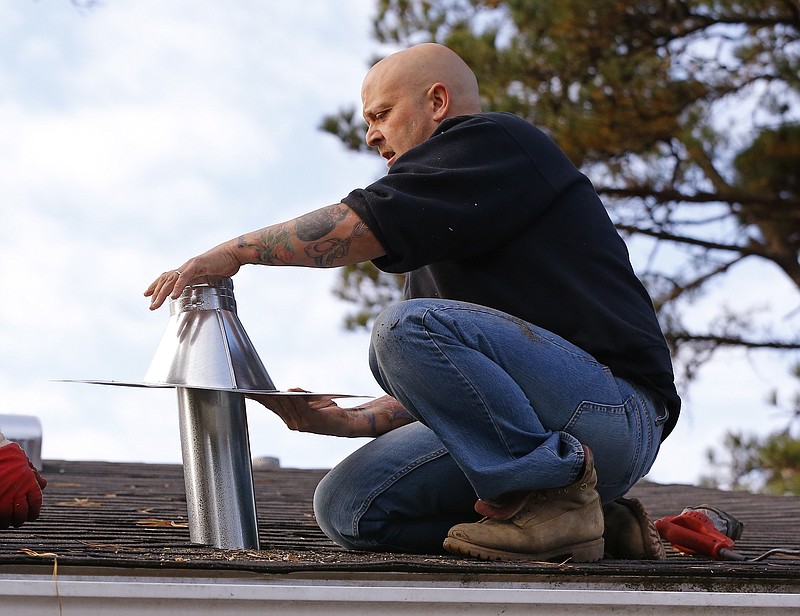PORTLAND, Maine (AP) - Heating bills should drop this winter for most U.S. households thanks to a combination of lower energy prices and warmer weather across most of the country, the U.S. Energy Department said Tuesday.
The Energy Department's annual prediction calls for lower heating bills across the board but with the biggest savings for those who use propane or oil to heat their homes. The government predicts a 25 percent drop ($459 on average) for homes using heating oil and a 18 percent drop (about $322 on average) for homes using propane, compared to last winter.
The outlook is based on a forecast from the National Oceanic and Atmospheric Administration for warmer weather across all regions except for the West, which is projected to be slightly cooler.
In the Northeast, where homes are more reliant on heating oil, the forecast is especially good news. Heating oil prices were at a 10-year low in the most recent survey by the state of Maine.
People using natural gas and electricity for heat also will see a savings this winter. Heating bills for homes using electricity should drop about 3 percent and natural gas about 10 percent, the Energy Department said.
The survey didn't track firewood, which is usually used as a supplemental heat source.
